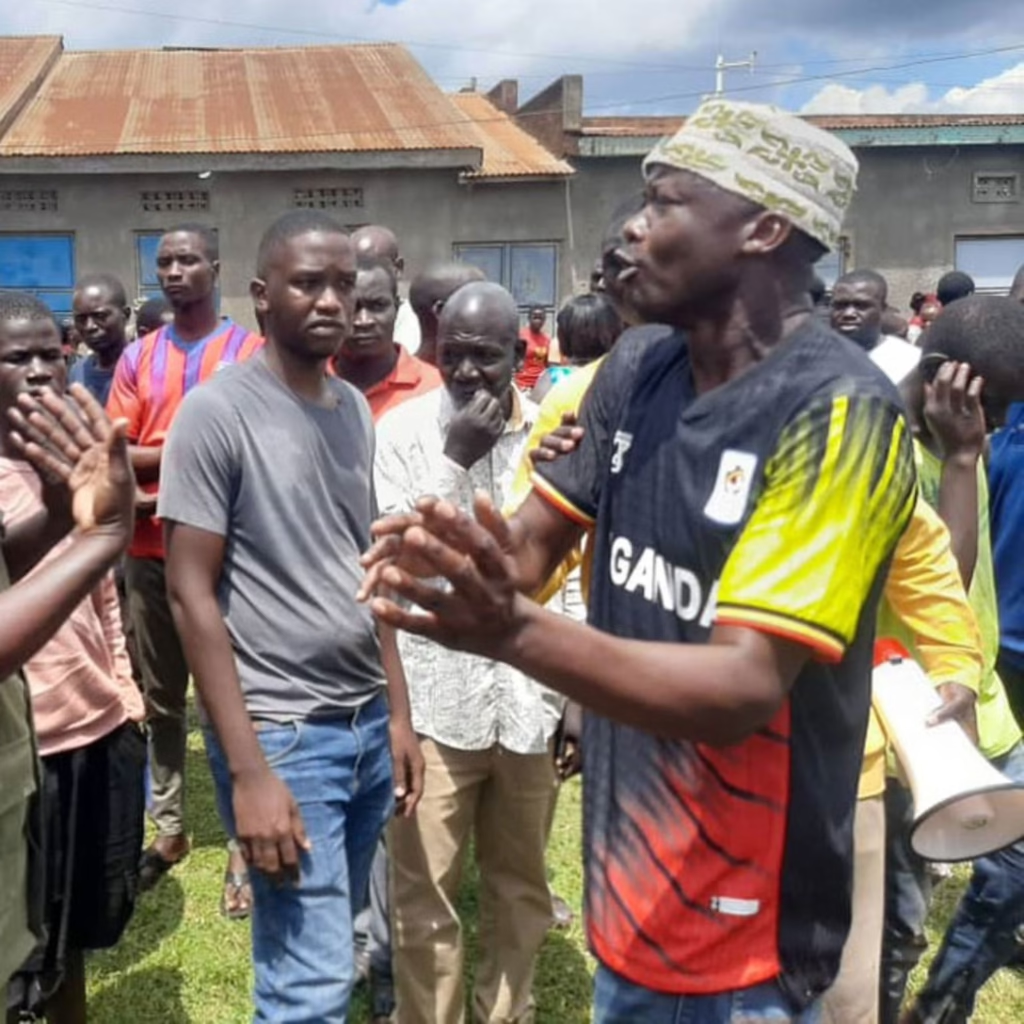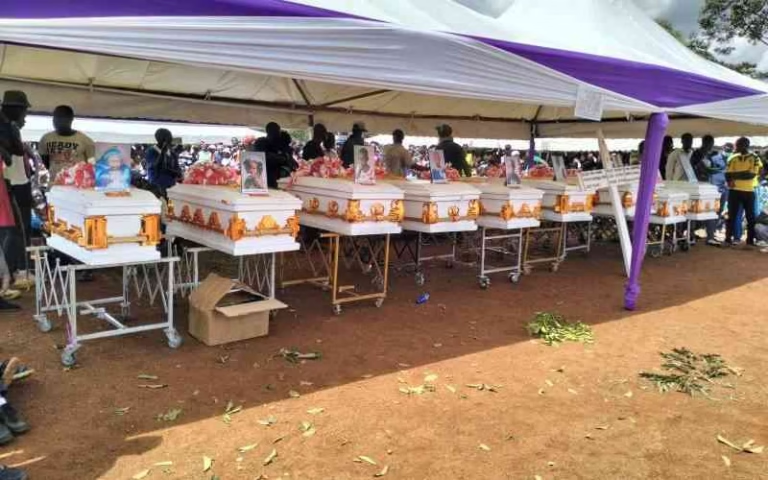
The National Resistance Movement (NRM) village elections in Uganda’s Busia District faced significant disruptions on May 6, 2025, due to allegations of Kenyan nationals crossing the border to participate in the voting process. This incident has raised concerns about electoral integrity and the challenges of managing elections in border regions with closely knit communities.
In villages such as Marachi D, Sofia A, and Sofia B in the Eastern Division, and Okame, Abochet, Amagoro, and Alupe in Buteba Sub-county, voting was either delayed or canceled. Reports indicate that hundreds of individuals from Kenya’s Teso South region allegedly crossed into Uganda to vote in the NRM elections. The Busia District NRM Chairperson, Mr. Eric Masiga, confirmed the cancellation of polls in four villages due to the illegal participation of foreigners.
Busia District, straddling the Uganda-Kenya border, is home to ethnic communities like the Samia and Iteso, who have familial ties across both countries. These deep-rooted connections make it challenging to distinguish between Ugandan and Kenyan citizens, complicating voter identification and eligibility verification during elections.
The elections were marred by chaos and violence in several areas. In Mugungu B, clashes between voters necessitated police intervention. In Rukaka village, Busime Sub-county, police fired shots in the air to disperse violent party members. A particularly disturbing incident occurred in Kateke village, where the LC1 chairmanship winner, Mr. Lawrence Ikemeri, was assaulted by his son, who was reportedly displeased with the election outcome.
NRM party officials acknowledged the disruptions but emphasized that elections proceeded smoothly in many areas. Mr. Rogers Mulindwa, NRM party publicist for the Bukedi region, attributed the chaos to individuals not listed in their respective village registers attempting to vote.
This incident underscores the complexities of conducting elections in border regions with intertwined communities. It highlights the need for robust voter registration systems and cross-border cooperation to ensure electoral integrity. As Uganda continues to navigate its democratic processes, addressing these challenges will be crucial in maintaining public trust in the electoral system.





The recent NRM village elections in Busia District highlight the intricate challenges of managing elections in border areas with deeply connected communities. The allegations of Kenyan nationals participating in the voting process raise serious concerns about electoral integrity and the effectiveness of voter identification systems. It’s troubling to see how familial ties across borders complicate the distinction between eligible and ineligible voters, leading to delays and cancellations in several villages. The violence and chaos reported in areas like Mugungu B and Kateke village are particularly alarming and call for stricter measures to ensure peaceful and fair elections. While NRM officials claim that many areas proceeded smoothly, the disruptions cannot be overlooked, as they undermine the credibility of the electoral process. How can the government and electoral bodies address these challenges to prevent such incidents in future elections? It’s crucial to find a balance between maintaining community ties and ensuring the integrity of the democratic process.